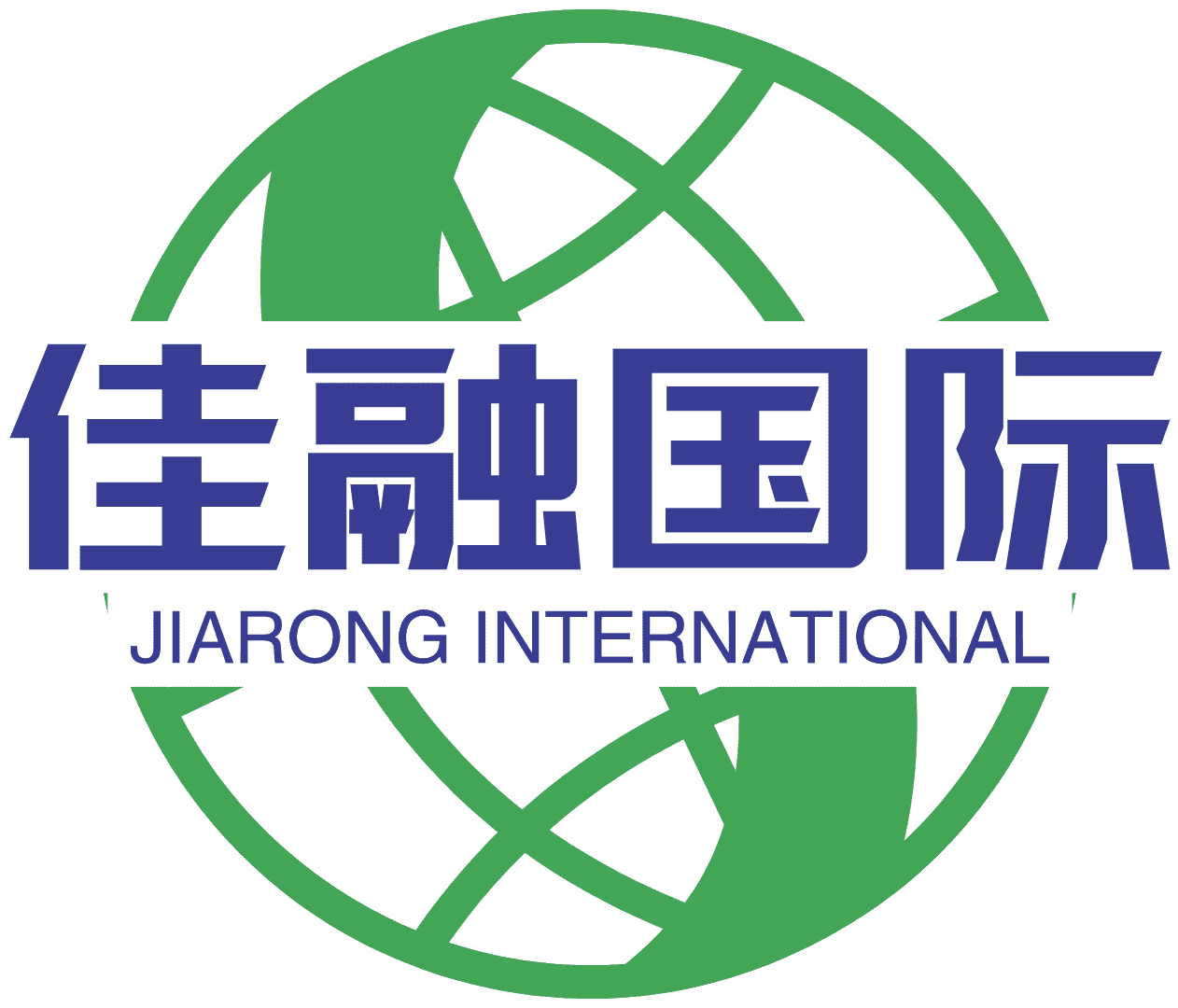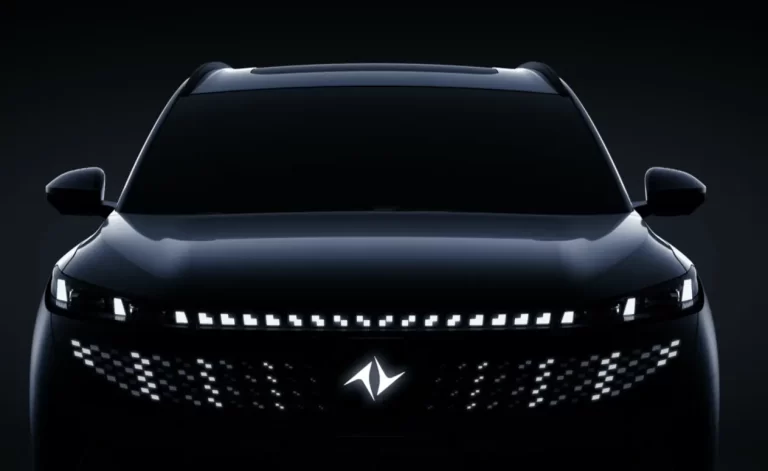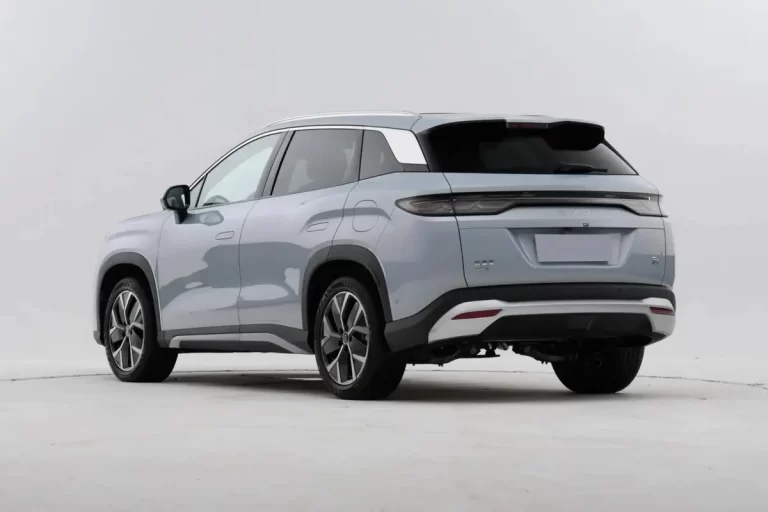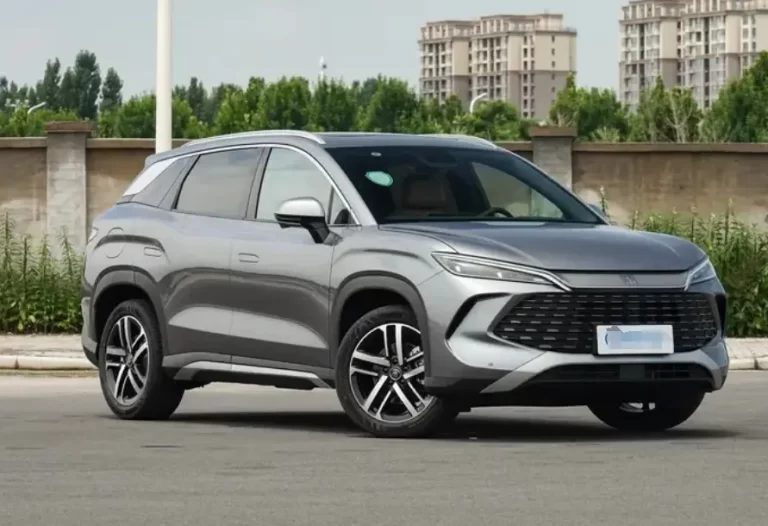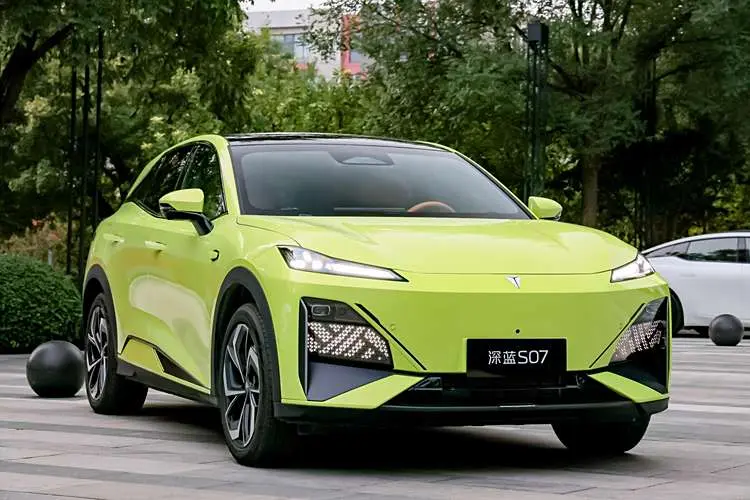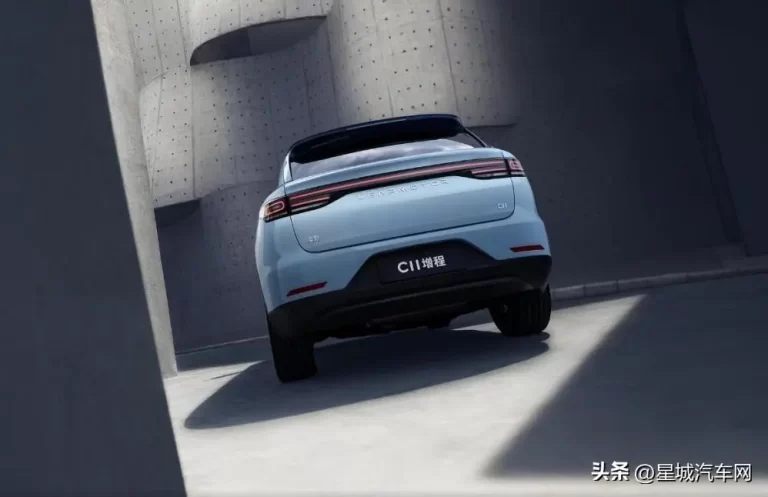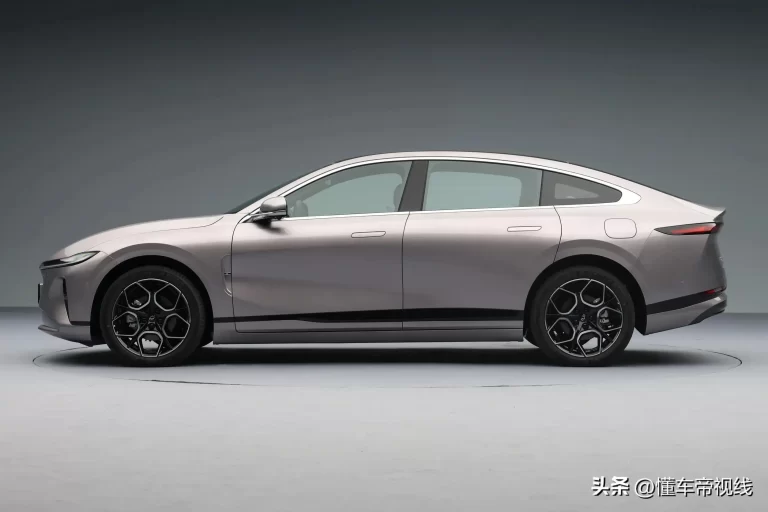Based on the local market, China’s electric vehicles continue to explore the international market, and their global recognition is getting higher and higher. Recently, BYD began to sell its third electric car “Seal” in the Japanese market, which was favored by Japanese consumers; Xiaopeng, NiO, SAIC and other car companies have also accelerated the strategic layout of “going to sea”. Upgrading from products to brands and industries has become an important feature of the international development of China’s electric vehicle industry.
From January to August this year, the production and sales of new energy vehicles in China reached 7.008 million and 7.037 million, respectively, an increase of 29% and 30.9%, and the sales of new energy vehicles reached 37.5% of the total sales of new vehicles, and the market size and share continued to increase. 818,000 new energy vehicles were exported, up 12.6 percent year on year. From the perspective of export destination countries, the Russian market has the largest demand for China’s new energy vehicles in the first half of this year, followed by Mexico and Brazil; From a regional point of view, the EU and ASEAN are important export destinations for China’s new energy vehicles, especially important markets for pure electric passenger vehicles.
At present, China’s electric vehicle industry has formed a certain comparative advantage in the world. First of all, the industrial chain supply chain is relatively complete, the vehicle manufacturing cost and production efficiency have certain advantages, and the supply of some core components is stable; Important industrial chain nodes such as battery production, spare parts production, charging and replacement infrastructure, vehicle design, and intelligent driving can achieve coordinated development. Secondly, with the world’s largest production and sales market, the world’s first for many years, the market penetration rate has gradually increased, several leading enterprises have occupied an important position in the international market, and the whole industry ecology has been gradually optimized. At the same time, the technical level continues to improve, the company’s research and development investment continues to improve, and important results have been achieved in battery, vehicle design, intelligent systems and other aspects. In addition, the electric vehicle industry chain involves multi-disciplines, multi-industries, the need for a variety of disciplinary backgrounds of professionals, electrical engineering, mechanical engineering, chemistry, materials science, computer and software engineering, intelligent science, supply chain management and other disciplines of talent demand, and China has rich human resources.
China’s electric vehicle industry is at a critical stage of internationalization, facing challenges and pressures. On the one hand, the difficulty of developing the domestic market space potential is increasing, and after the continuous improvement of production and marketing capacity, the demand for the entire industry to explore the international market is more urgent. On the other hand, the export of electric vehicles has encountered multiple challenges, and the internationalization process has been affected. For example, the European Union imposed temporary countervailing duties on Chinese-made electric vehicles from July 5, with rates ranging from 17.4% to 37.6%; Brazil has imposed a 10% tariff on imported pure electric vehicles since the beginning of this year; Canada is studying tariffs on Chinese electric vehicles. Based on the current grim international situation, “sailing against the wind” needs to be effectively dealt with.
Accelerate the deepening of the international layout of the electric vehicle industry. Support and encourage vehicle enterprises, key parts enterprises, power battery enterprises, charging and replacing infrastructure enterprises to invest and build factories in appropriate countries and regions. Cooperate to establish research and development centers, promote the internationalization and localization of Chinese electric vehicle brands, and avoid trade barriers.
We will continue to improve our R&D and innovation capabilities. Under the trend of electrification and intelligence, technology and product iteration will inevitably accelerate, and China’s electric vehicle industry must strengthen the continuous innovation and iteration ability of core components such as chips, autonomous driving, large models, and batteries to win the initiative in the international market competition.
Protect the interests of enterprises going overseas. The global layout of Chinese car companies will face more uncertainty, in finance, law, environmental protection, labor, intellectual property and other key aspects, in addition to the company’s own compliance capacity building, the country should also enhance the relevant negotiation and dispute resolution capabilities, and comprehensively improve the electric vehicle industry for the global supply chain resilience.
